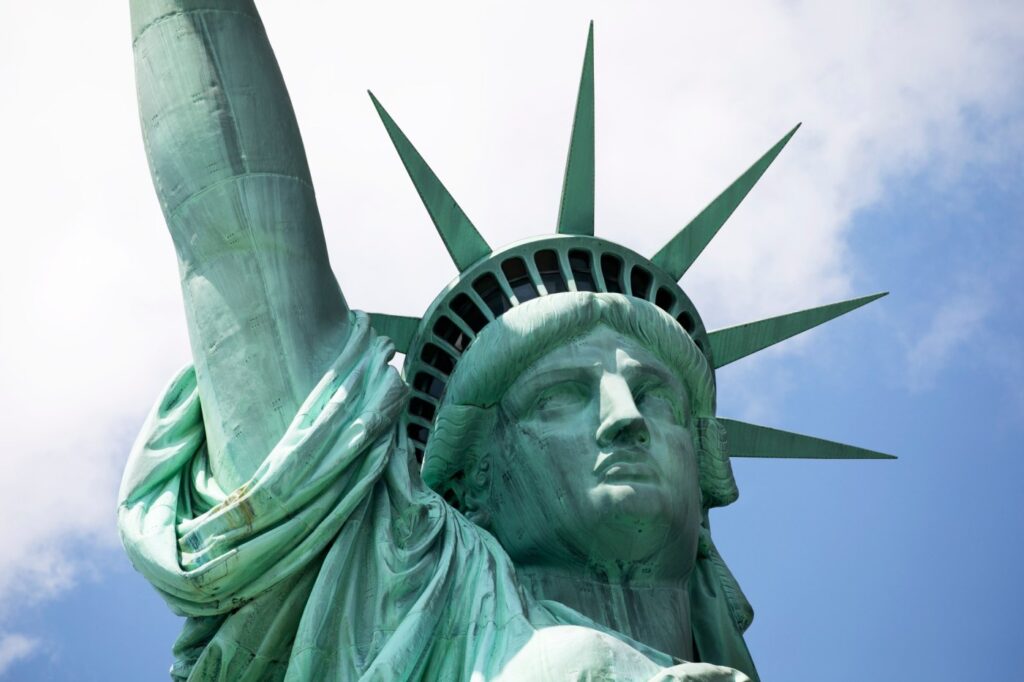
Today marks the birthday of the great 19th-century American philosopher Lysander Spooner, who committed his life to advancing the cause of liberty. Born in Athol, Massachusetts on Jan. 19, 1808, Spooner was an American original.
Consistent with his skepticism of government power, Spooner practiced law without a license, believing that licensing laws were unjustifiably discriminatory, and even launched a competitor to the United States Postal Service, the American Letter Mail Company, successfully if temporarily causing the Postal Service to lower the cost of its services.
Not having had much success as a lawyer and having his mail service shut down by the federal government, Spooner made his mark as a writer.
In 1845, Spooner published “The Unconstitutionality of Slavery,” in which he argued the Constitution was fundamentally an anti-slavery document predicated on the defense of natural rights. Slavery, Spooner argued, was inherently incompatible with natural law and therefore incompatible with the Constitution. “The constitution of the United States recognizes the principle that all men are born free; for it recognizes the principle that natural birth in the country gives citizenship — which of course implies freedom,” he wrote. “And no exception is made to the rule.”
Though Spooner generally preferred a peaceful end to slavery, he was a supporter of John Brown’s doomed raid on Harper’s Ferry in a bid to trigger an anti-slavery uprising. Spooner even plotted to kidnap the governor of Virginia so an exchange could be made to free Brown, which ultimately didn’t happen.
Paradoxically, while Spooner remained strongly committed to the abolition of slavery, he opposed the Civil War, believing the Confederacy had a right to secede. Spooner explained this in his 1867 work “No Treason,” in which he presented his view that, while humans have natural rights, nations do not. “We are, therefore, driven to the acknowledgment that nations and governments, if they can rightfully exist at all, can exist only by consent,” he argued.
Spooner’s radical view of the relationship between individuals and the state led him to make numerous observations that hold up well today.
Spooner believed that society’s ills were the consequence of intrusions upon the natural rights of people. In 1846, Spooner argued with respect to the problem of poverty, for example, “Nearly all the … legislation that has ever been passed in this country … touching men’s rights to labor, or their rights to the fruits of their labor … has been merely an attempt to substitute arbitrary for natural laws; to abolish men’s natural rights of labor, property, and contract, and in their place establish monopolies and privileges … to rob one portion of mankind of their labor, or the fruits of their labor, and give the plunder to the other portion.”
Related Articles
Outsiders love bashing California but residents are souring on the state, too
Why is Sen. Steve Glazer trying to undercut long overdue reforms to solitary confinement?
California’s Senate race takes shape ahead of March’s primary
Excessive judicial deference gives administrative agencies a license to rewrite the law in their favor
Remember when Republicans would talk about fiscal responsibility? I miss that time.
Spooner also anticipated future intrusions on personal liberties, including drug prohibition and the criminalization of consensual sex work.
In his 1875 work “Vices are not Crimes,” Spooner argued it was nonsensical to declare vices, which may be deemed immoral but do not imply malice or direct infringement on the lives or property of others, as crimes, which must entail such malice and infringement. “Men and women may be addicted to very gross vices, and to a great many of them,” Spooner noted, but, he argued, “so long as they are sane, they must be permitted to control themselves and their property, and to be their own judges as to where their vices will finally lead them.”
Agree or not with Spooner’s expansive view of liberty and the limits of state power, Spooner challenged Americans to cherish, defend and understand the value of liberty. For that, we remember him.
